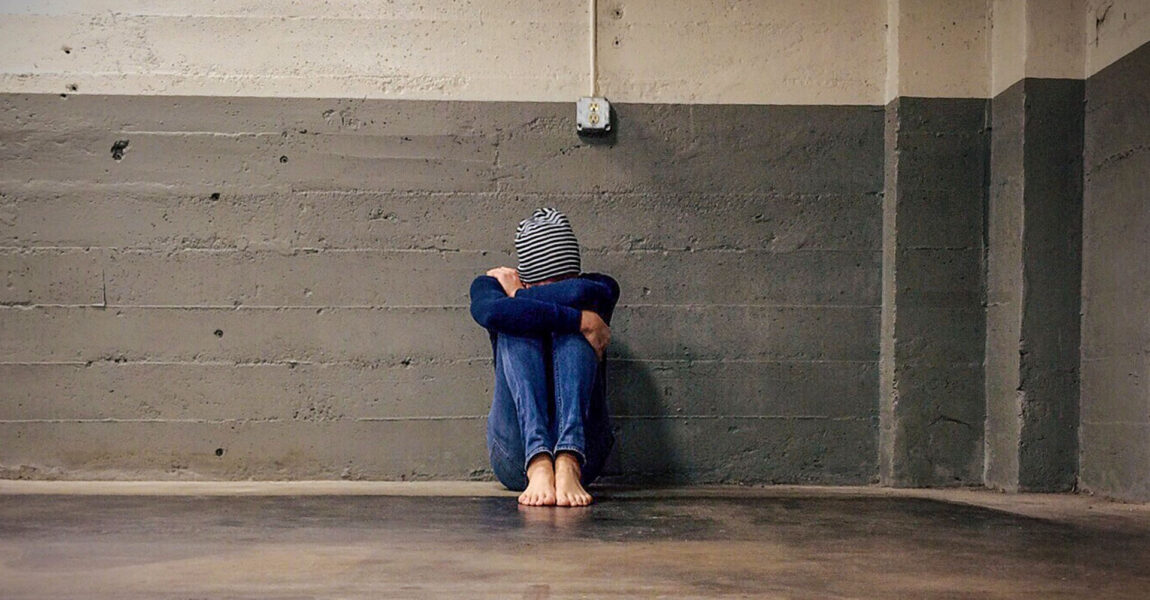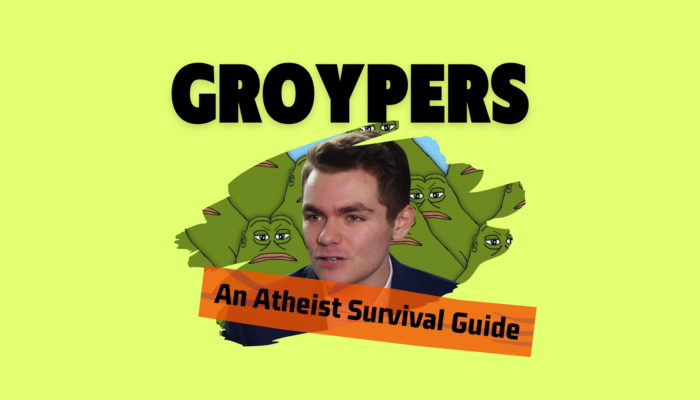
In a recent AFL Live Stream, President Thomas Sheedy and Vice President Matthew Hebb discussed the increase in bifurcation and political homelessness among Americans.
https://www.youtube.com/watch?v=P5fuQS0MXCg
With the tendency towards viewing political parties as extreme caricatures of themselves, many people, arguably the majority of the population, find themselves never 100% agreeing with their chosen party. The positions most people hold are much more nuanced than the stereotypical extremes. This creates a situation in which the vast majority of people today feel politically homeless.
But… what do we really mean when we use this term?
The concept of being “politically homeless” refers to a situation in which individuals or groups do not feel a strong alignment with any of the existing political ideologies or parties. It often arises in the context of a highly polarized political landscape, where the dominant political options are seen as too extreme or ideologically rigid, leaving some people feeling disconnected or unrepresented by the available choices.
Here are key aspects to consider when discussing the concept of being politically homeless, including its relation to political polarization:
- Political Polarization: Political polarization refers to the increasing ideological distance and division between different political groups or parties within a society. It can manifest in various ways, such as stark policy differences, deep distrust of opposing viewpoints, and an “us vs. them” mentality. Polarization tends to push political discourse to the extremes, making it difficult for those with more moderate or nuanced views to find a comfortable home within the established political spectrum.
- Ideological Extremes: In a polarized political environment, the major political parties often adopt more extreme positions to cater to their core constituencies. This leaves individuals who hold moderate or eclectic views feeling marginalized or unrepresented. For example, someone who supports both fiscal responsibility and social equality may find it challenging to identify with either a fiscally conservative or socially liberal party.
- Shifts in Party Platforms: Political parties can evolve over time, sometimes shifting their positions or priorities. This can lead to individuals feeling that their values no longer align with the party they once supported. When parties undergo significant changes, it can leave people feeling politically homeless, as their beliefs no longer fit within the party’s platform.
- Diverse Belief Systems: People have diverse belief systems, and not all political ideologies neatly fit into the predefined categories of left, right, or center. Some individuals may hold a mix of conservative and liberal views on different issues, making it difficult for them to find a party that fully represents their beliefs.
- Frustration and Disengagement: Feeling politically homeless can lead to frustration and disengagement from the political process. When individuals believe that no political option truly represents them, they may become disillusioned and less motivated to participate in elections or civic activities.
- Third Parties and Independent Candidates: Some politically homeless individuals may turn to third parties or independent candidates who offer alternative viewpoints. However, these options often face significant challenges in gaining traction and achieving electoral success in a two-party system.
- Seeking Common Ground: Some people who feel politically homeless may prioritize finding common ground and bridging the divides between ideological extremes. They may engage in efforts to promote bipartisanship, compromise, and civil discourse as a way to address polarization and better represent a broader range of perspectives.
In summary, being politically homeless is a concept that arises in the context of political polarization when individuals or groups feel that their beliefs and values do not align with the available political options. This feeling of disconnection can lead to frustration, disengagement, or a search for alternative political movements or strategies that better represent their views. Addressing political homelessness often involves discussions on the need for a more flexible political system that can accommodate a wider spectrum of beliefs, and the acceptance that having divergent beliefs is something to be celebrated, not criticized.
Here at Atheists for Liberty, we firmly hold the position that through open discourse and the free exchange of ideas, we can each form our own nuanced, personalized views, which we can express without fear of ostracization.

